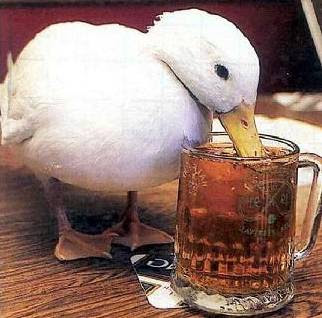Derrick Rose is a hell of a basketball player.
Over the past four years he’s won two high school state championships, reached the NCAA title game and was named NBA rookie of the year.
Derrick Rose is, by all accounts, a good person.
He’s never gotten into any serious trouble and is known as a quiet, hardworking and unassuming guy. His teammates swear by him and the fans who know him best, in his hometown of Chicago, have flocked to him for the way he’s carried himself on and off the court.
Derrick Rose is the American dream.
Rising from humble South Side roots, at age 20 he’s already a self-made millionaire with the Bulls. Barring injury he should make more than $100 million by the time he’s 35. He’s building a reputation for charity back in his neighborhood.
Derrick Rose isn’t much of a student.
This is what the NCAA alleges. It claims he had someone stand in for him on his SAT because he couldn’t manage to make the relatively meager score he needed to play college ball at Memphis (his qualifying test was a “740 or 750,” according to a source with knowledge of the situation). Then, as the Chicago Sun-Times reported, one of his high school grades was changed from a “D” to a “C” in order to help his college eligibility chances.
For the record, Rose denied all of this to the NCAA although he hasn’t spoken publicly since the allegations broke last week.
The fact we know his score, the fact that Rose is dealing with embarrassing questions, the fact that the NBA has another young star wrapped in scandal and two universities are fretting about Saturday’s NCAA infractions hearing, is the latest testament to the NBA’s wrong and ridiculous 19-year-old age limit.
This isn’t to absolve the people involved, but the question shouldn’t just be did Derrick Rose cheat on his SAT?
It should be why the heck did he have to take it in the first place?
If Rose sang or danced or wrote computer code, even if he hit forehands or curveballs and not free throws, his acumen at standardized questions concerning probability, diction and critical reading wouldn’t matter.
They do in basketball because NBA commissioner David Stern wanted to control long-term labor costs and use college ball to market his young stars. In 2005, his league began requiring American players (but not Europeans) to be at least one year out of high school to be drafted.
That essentially sends them to college ball, where outdated and hypocritical amateurism and academic rules exist not because they have any moral basis, but so the NCAA can avoid billions in local and federal taxes.
As a result, young players have to play pretend before they can play ball. They have to pretend that amateurism rules can stop the wheels of capitalism. They have to pretend that an arbitrary thing like a minimum SAT score – which is never how the test was designed to be used – is a fair hurdle they need to clear to pursue their professional aspirations.
They have to pretend because the NCAA long ago figured out how to use its rule book as a tax haven.
Interestingly, if it is true that he needed a 740-750, that means his GPA was 2.675.



















